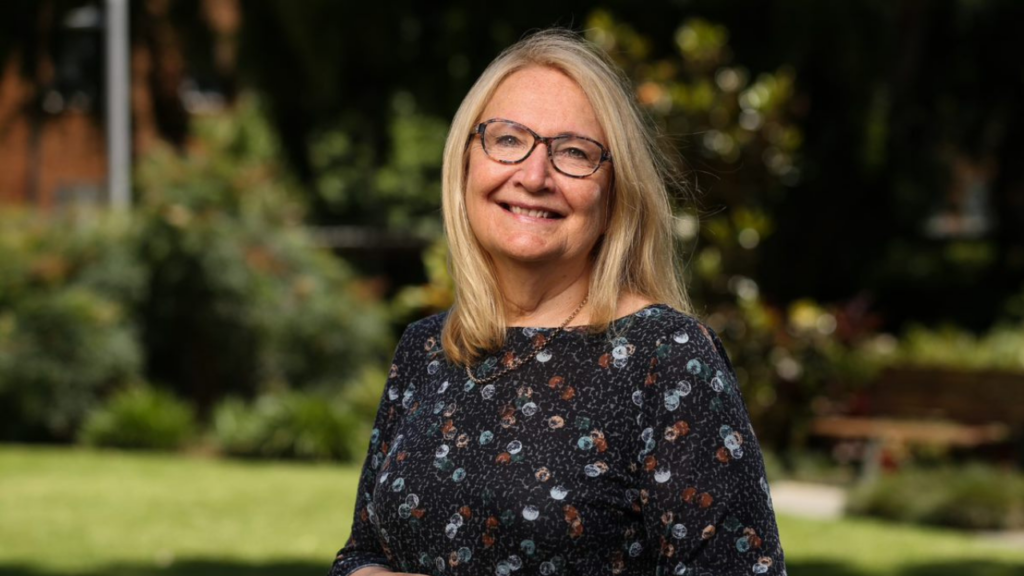One of my proudest career moments was the federal governmentʼs launch of the 10-year National Stillbirth Action and Implementation Plan in December 2020 — making Australia the first country to achieve this milestone.
After years of advocacy, we finally had a roadmap to reduce stillbirth rates and the trauma it brings, particularly for high-risk communities. Importantly, it received bipartisan support. The overarching goal was a 20 per cent reduction in stillbirth by the end of 2025. At the time, I called it a momentous
shift from silence to action.
Fast-forward to today and we are at serious risk of falling short of this target. Put simply, this means more families will endure the devastating, lifelong impact of stillbirth.
Stillbirth rates remain tragically high, with more than 2,200 families suffering the heartbreak of stillbirth every year in Australia. But we know 20 to 30 per cent of late gestation stillbirths could be avoided with preventative measures and better care.
Where the Safer Baby Bundle resources and best-practice care have been embedded, we have seen stillbirth rates fall in line with our goal. More babies are being born alive, sparing families immeasurable grief.
Data in some jurisdictions also shows that implementing the Safer Baby Bundle has led to a significant increase in stillbirth prevention conversations in clinical care. This underscores a vital truth, which is that real change happens when implementation is properly funded and supported.
We have strong partnerships with health departments, but to meet our ambitious target, every jurisdiction must accelerate efforts. The Safer Baby Bundle and bereavement training for clinicians are only as effective as their real-world application. Achieving national change requires continued
federal and state commitment.
A key priority of the national plan was improving education and awareness in high-risk groups. Stillbirth rates for Indigenous women are nearly double those of non-Indigenous Australians, with similarly high rates in some migrant and refugee communities. We now have culturally adapted resources and the Healthy Yarning Guide to upskill non-Indigenous health workers. These initiatives have been overwhelmingly positive but, without funding, we cannot embed them in the communities that need them most.
Improving holistic bereavement care following stillbirth and early pregnancy loss must also be supported. We know how important continuity of care and culturally sensitive care is after loss – when families are experiencing an extraordinarily dark time in their lives. We now have specific
advice for clinicians on how to care for parents navigating loss and to support families during subsequent pregnancies.
Obtaining federal funding to support the plan’s implementation and build on previous Commonwealth investments is becoming more difficult. While we hear that political commitment remains, the urgency and momentum is slipping. I fear this election campaign will confirm this. Again, we were disappointed with the federal budget. Another detailed and modest funding submission that was directly linked to the National Plan, stillbirth prevention and bereavement care, was ignored.
The Stillbirth Centre of Research Excellence was established to lead Australiaʼs response to stillbirth. For nearly a decade, we have received strong support from the National Health and Medical Research Council and the government. However, funding has declined sharply since 2022. If this
trajectory continues, the Centre will run out of money next year. This would be a devastating betrayal of families, healthcare workers and the progress we have made in stillbirth prevention and bereavement care.
We always knew this would require a sustained, collective effort. We know what works, and must not lose sight of what is at stake.
All Australian families and health workers deserve access to life-saving information. In a country as wealthy as ours, there has never been a more critical time to act. I am proud of Australiaʼs world-leading initiatives and bipartisan support — but we cannot stop now.

